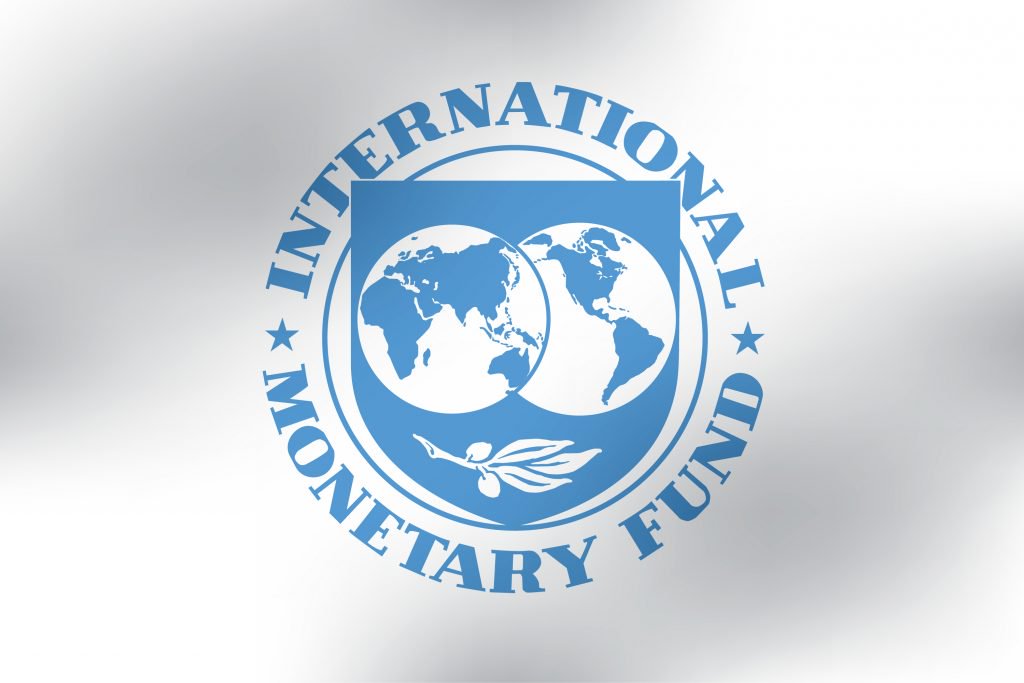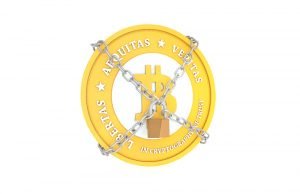IMF PUBLISHES REPORT DETAILING REGULATORY RECOMMENDATIONS FOR THE CRYPTOCURRENCY INDUSTRIES
The International Monetary Fund (IMF) has released a report that focuses on advancements within the fintech industry, specifically looking at the rapidly evolving cross-border payments industry. An emphasis is placed upon discussing distributed ledger technology, which is presented as having the “potential to offer important service improvements and costs savings.” Much of the report seeks to define and classify the cryptocurrency industry, whilst highlighting key concerns and recommendations with regards to regulators and lawmakers. 
The IMF has released a report that provides detailed analysis of cryptocurrency technology, and the potential implications that such may have for lawmakers, governments, and financial institutions.
The report stresses that these “new technologies may require jurisdictions to revise rules governing ownership and contractual rights and obligations”. Greater KYC guidelines, regulatory oversight and regulation pertaining to new cryptocurrency development, and a critical discussion pertaining to balancing privacy and transparency considerations are recommended as prospective policy considerations for governments in assessing DLTs – framing such as necessary in order to gain widespread consumer trust in distributed ledger technology (DLT). Greater regulatory oversight was also advocated for the purposes of combating money laundering, tax evasion and terrorist financing.
The IMF report seeks to provide detailed classifications for distributed ledger technology. The report categorizes DLT as being either ‘permissionless’, or ‘permissioned’. ‘Permissionless’ DLTs are likened to Bitcoin, and described as “open schemes” that “could be very disruptive if successfully implemented.” ‘Permissioned’ DLTs on the other hand, are defined as having a “validation process… [that is] controlled by a preselected group of participants (‘consortium’) or managed by one organization (‘fully-private’)”.
The Report’s Classifications May Inform Governments’ Future Cryptocurrency Regulations
The IMF report seeks to demarcate between “intrinsic tokens”, and “asset-based tokens”. “DLT records the transfer of ownership of ‘digital tokens’, which are essentially units in a ledger. They can either have intrinsic value (an ‘intrinsic token’ like Bitcoin), or be digital representations of a physical or digital asset that exists outside the ledger (an ‘asset-based token’, representing an interest in another asset, such as securities).” This semantic differentiation is important as it could be used as the basis to develop separate juridical frameworks for tokens tied to a fully developed and functioning platform/project, and tokens that have been issued by a project that is conducting an ICO – allowing for the demarcation to be used as a basis for regulators to clamp down on the rapidly proliferating ICO industry.
The report also discusses the antagonism the decentralized trustless execution of transactions on blockchain networks increasingly becoming tied to ‘real-world’ transactions. ”The legal status of a digital token, and the legal effect of its transfer are not clear. For example, would the transfer of an asset-backed token (e.g., representing a security) on a ledger transfer legal ownership of the security or would registration outside the ledger (e.g., in a corporate share registry) still be required? Jurisdictions are trying to develop answers to these questions but country practice varies. The resolution of these questions is crucial for the economy to function and will require more thought by policymakers.”
The IMF Report Has a Number of Positive Implications for the Cryptocurrency Industry
The report advocates that “policymak[ers] will need to be nimble, experimental, and cooperative”, and ultimately encourages governments to work together in developing an inclusive regulatory apparatus for distributed ledger technology. The IMF also promotes the adoption of distributed ledger technology on the part of banks and financial institutions and encourages the creation of “regulatory sandboxes” for the purposes of fostering the “innovative and dynamic” DLT industry.
The IMF report has a number of positive implications for the cryptocurrency industry. The encouragement of inclusive regulatory frameworks and promotion of governments seeking to work with the DLT industry shows that major global economic institutions are recognizing the innovative potential of bitcoin, and seeking to harness rather than oppress such. The report also recognized that the distributed ledger technology is producing an incredible array of what are essentially free technological breakthroughs. 
Despite signifying a path toward mainstream adoption for cryptocurrencies and digital ledger technology, there are many within the cryptocurrency community that are deeply skeptical of the IMF’s report. Some fear that blockchain and distributed ledger technology will become another tool wielded by the state for centralization and control. The report’s cautious recognition of bitcoin’s “disruptive potential”, and classification of bitcoin as a “permissionless” token may signify a preference toward the development and use of DLT projects that compete with bitcoin’s utility, but can be subject to influence from governments and institutions.
Do you think that the IMF’s report has positive or negative implications for the cryptocurrency economy? Share your thoughts in the comments section below!
Institutions cannot control the blockchains or else this will turn into the biggest most effcient enslavement tool in humanity's history, i think the best solution is https://github.com/the-laughing-monkey/cicada-platform/blob/master/README.md
Anything can happen today ! Its a solution... but.. are they too big to fail ? :P